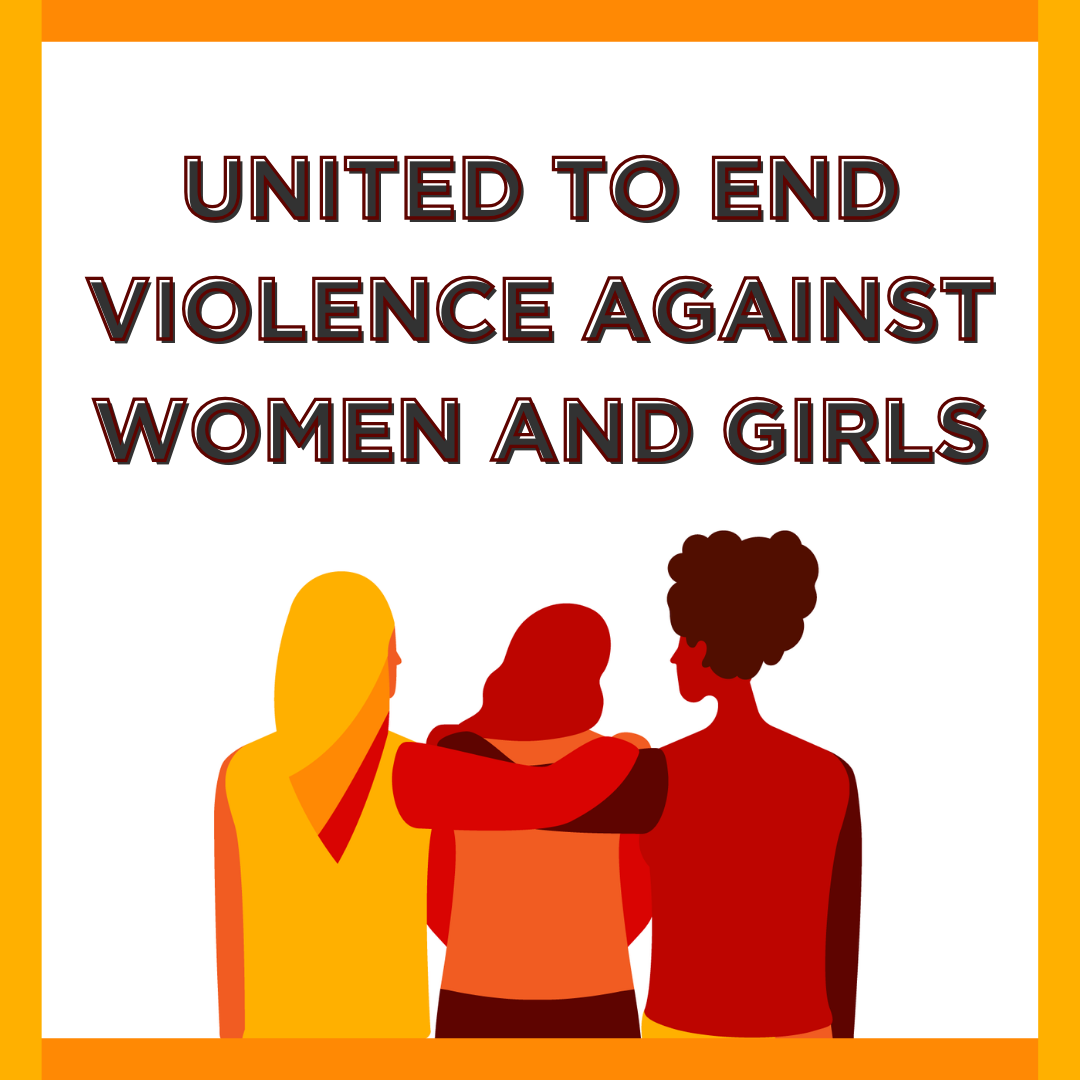
Gender-based violence targets or affects women and girls disproportionately. About 1 in 3 women worldwide have experienced sexual and other forms of violence. Women are also much more likely than men to be killed by their intimate partners or family members. Crimes involving violence against women are among the most under-reported and the least likely to end in conviction. Survivors often face significant obstacles due to gaps in criminal law and procedure, gender stereotypes, victim blaming and inadequate responses of criminal justice institutions and professionals, leading to secondary victimization. The ongoing COVID-19 pandemic has further reduced access to essential police and justice services for women, despite reports of increased levels of gender-based violence.
To end all forms of gender-based violence against women and girls by 2030, in line with Sustainable Development Goal 5.2, comprehensive and multi-sectoral solutions are required. Crime prevention and criminal justice responses are a key part of this approach. Since 2010, UNODC has been supporting countries to ensure that this is done in a victim-centered manner, in line with the updated Model Strategies and Practical Measures on the Elimination of Violence against Women in the Field of Crime Prevention and Criminal Justice and other related international standards and norms. UNODC offers targeted technical assistance, including through its Global Programme on Strengthening Crime Prevention and Criminal Justice Responses to Violence against Women (GLOW65) and in collaboration with its partners under the UN-EU Spotlight Initiative and the Joint UN Global Programme on Essential Services for Women and Girls subject to Violence.

Since 2019, UNODC has been implementing a Global Programme on Strengthening Crime Prevention and Criminal Justice Responses to Violence against Women, providing specific solutions that complement existing joint UN programmes and country-based projects. Its aim is to enable women who experience violence to rely on available, accessible and quality crime prevention and criminal justice responses in line with international standards and norms. This is achieved through 3 lines on interventions:
Developing the evidence base on criminal justice responses to violence against women through global research and national data collection and analysis;
Aligning national criminal legislation and policy frameworks on violence against women with international standards; and
Developing the capacity of criminal justice systems respond more promptly and effectively to violence against women and provide essential services to victims and survivors.
For the full list of UNODC publications about gender-based violence against women please visit Tools and publications
Women face significant barriers in accessing justice, whether they are victims, witnesses, alleged offenders or prisoners. Learn more about UNODC’s broader work on gender in the criminal justice system.
While girls face similar levels and forms of gender-based violence, they should never be treated as women. Learn more about UNODC’s work to end violence against children, including gender-based violence against girls.
Check out our repository of materials and promising practices on crime prevention and criminal justice responses to violence against women. Please use the feedback form to share additional examples or comments